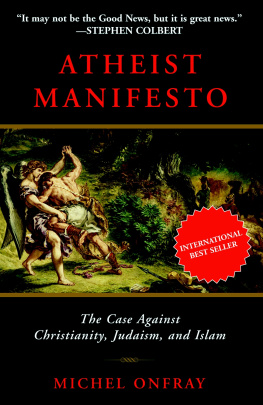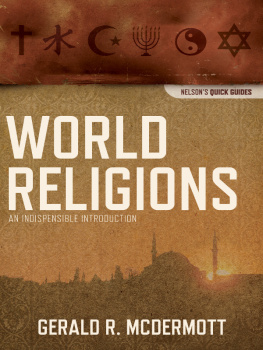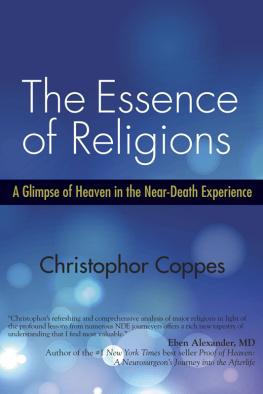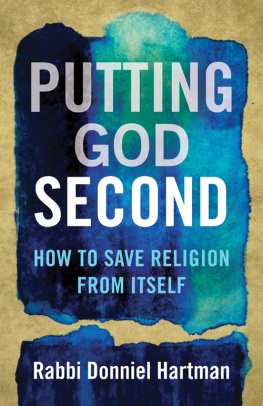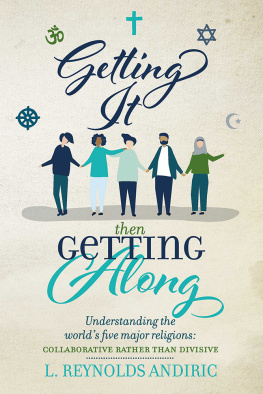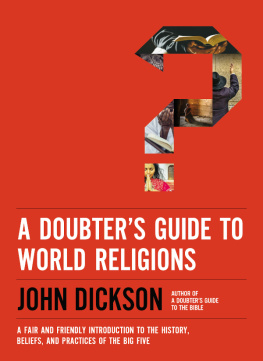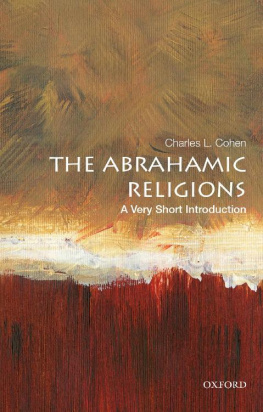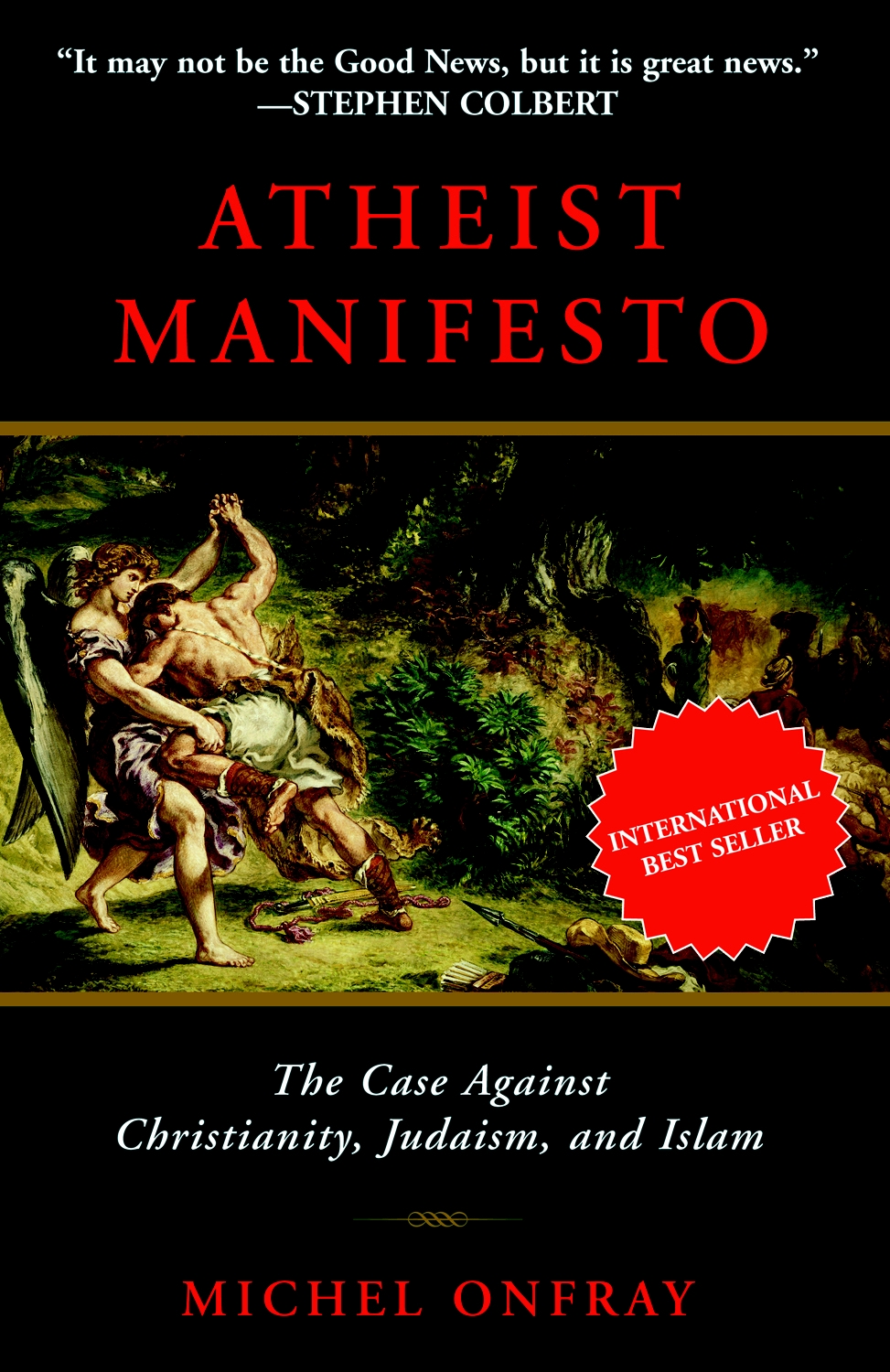BIBLIOGRAPHY
Atheology
Atheist poverty. The bibliography of the atheist question is poverty-stricken. Threadbare in comparison with works devoted to religions: every possible variation on the religious theme boasts multiple subsections but who has ever seen an atheism shelf in a bookstore? And the rare books on the subject are of the poorest quality. As though their authors were in the pay of the god-mongers! Henri Arvon fired the first salvo in 1967 with a work in the Que sais-je? (What Do I Know?) series entitled Lathisme (Atheism). Half of this slim volume is devoted to the atheism of Democritus, Epicurus, Lucretius, La Mothe Le Vayer, Gassendi, Pierre Bayle, Thomas Hobbes, John Locke, Hume, and others who never denied the existence of God or gods...The same goes for Hegel an atheist! Max Stirner is disposed of in a chapter focused on Nietzschean atheism, although his only book, The Ego and Its Own , dates from the year of Nietzsches birth: a truly premature Nietzschean! Another deficiency is his failure to mention Freud, who was after all the author of The Future of an Illusion (Standard Edition: English translation overseen by Freud himself, by James Strachey, W. W. Norton), which, categorically dismantling religion, takes its place among the great deconstructions of the religious question. A historian of anarchism, Henri Arvon ended his life as a convert to libertarianism an ultra-conservatism of the kind that delighted Ronald Reagan.
Virtually the same defects are to be found in Georges Minoiss monumental Histoire de lathisme (A History of Atheism), Fayard, 1998, just two of whose 671 pages are devoted to Freud! Apart from the abusive extension of the term atheist to include polytheists, deists, unorthodox Christians Epicurus, Rabelais, and Hobbes sharing the limelight with Sade, Nietzsche, and Sartre! the introduction in which the author attempts to define atheism is better left unread. The rest of the book merits attention chiefly as a road map directing one to possible further reading material. Generally speaking, a cardindex system in need of sorting.
2
God is dead... oh, really? To verify the circumstances surrounding his assassination, we of course have Nietzsche and the notorious paragraph 125 The Madman in The Gay Science (translated by Thomas Common, Dover Publications, 2006). Read, too, Ecce Homo (translated by Anthony Ludovici, Dover Publications, 2004) and The Anti-Christ , in The Portable Nietzsche (translated by Walter Kaufmann, Penguin, 1977). To reacquaint ourselves with this question God is dead, so everything is permitted (a proposition worthy of a course in elementary philosophy) see Dostoyevskys The Brothers Karamazov (translated by Richard Pevear and Larissa Volokhonsky, Farrar, Straus and Giroux, 2002).
In the absence of a good history of atheism (a subject still in search of an author), we might consult two philosophical approaches to the question. First, Jacques-J Natansons La mort de Dieu: essai sur lathisme moderne (Gods Death:An Essay on Modern Atheism), PUF: Presses Universitaires Franaises, 1975, in which the author combines a lucid and intelligent reading of questions relating to atheism with a blend of information, analysis, and commentary. Eight pages of bibliography. Next, and in the same spirit: Dominique Folscheid, Lesprit de lathisme et son destin (The Spirit and Fate of Atheism), La Table Ronde, 1991. An exhaustive analysis of Nietzsche and Dostoyevsky.
The fruits of antiphilosophy. This idea is specifically addressed in what I think is the only work devoted to the question: Didier Masseaus Les ennemis des philosophes: lantiphilosophie au temps des Lumires (Adversaries of the Philosophers: Anti-Philosophy in the Enlightenment), Albin Michel. With the enlightened eighteenth century already well advanced, Jesuits, Jansenists, their apologists, and militant Catholics directed their hatred at philosophers Rousseau, Voltaire, Diderot and at philosophy. Historiography has smoothed the rough edges of that century, repainting it as the exclusive playground of the Enlightenment and forgetting that Christian tradition, vengeful, militant, and contentious, stood at one extreme while at the other stood those I shall call the ultras of philosophy the atheists (La Mettrie, dHolbach, Helvetius) who were criticized and attacked in the name of deism by the upholders of safe Enlightenment values... Twenty-seven pages of excellent bibliography.
Franois Garasses Doctrine curieuse (A Curious Doctrine, shortly to be republished in French by Encre Marine) had paved the way in the previous century. To confirm that Vanini had never been an atheist, but rather a pantheist and a Christian, see Adolphe Delahayss Oeuvres philosophiques , (Philosophical Works) published in 1856 (translation by X. Rousselot) and never reissued in French. See also Emile Namer, La vie et loeuvre de J. C. Vanini (The Life and Work of J. C.Vanini),Vrin, 1980.
As a pendant to antiphilosophy, see the collection of texts published under the direction of Patrick Graille and Mladen Kozul, Discours antireligieux franais du dix-huitime sicle: du cur Meslier au Marquis de Sade (Anti-Religious French Discourse in the Eighteenth Century, from the Priest Meslier to the Marquis de Sade), LHarmattan, Les Presses de lUniversit de Laval, 2003, an invaluable anthology with equally precious introductory notes. A curative for enemies of philosophy, past and present.
The not-quite-first atheist, Cristovo Ferreira, wrote La superchrie dvoile (The Deception Revealed), originally a Portuguese pamphlet of 1636. This text, some thirty pages long, is laboriously introduced by Jacques Proust, an academic pretentious enough to post his surname on the title page of the work, which he translated in collaboration with a Marianne bearing the same name. The reader thus believes him to be the author, since the very name of Ferreira is nowhere to be seen. What honesty, what impeccable manners! The books subtitle is Une rfutation du catholicisme au Japon au XVIIe sicle. (A Refutation of Catholicism in Japan in the Seventeenth Century). Perhaps a differently worded title might have done something to mask the works odor of academic sanctity... but lets not ask too much. (Published by Chandeigne.) The bibliography of course cites every article ever written by this couple from Hades.
4
High-born bowels and Catholic intestines. We recall the Abb Mesliers famous plea in favor of hanging and strangling every nobleman with the intestines of priests. Those words are to be found in the three-volume Oeuvres (Collected Works) of Jean Meslier (Anthropos, 1970). For those likely to be intimidated by its two thousand pages, see an excellent compendium entitled Mmoire (Memoir), Exils, 2000. The indispensable and probably unsurpassable labor of Maurice Dommanget, Le cur Meslier: athe, communiste et rvolutionnaire sous Louis XIV (Meslier the Priest: Atheist, Communist, and Revolutionary under Louis XIV), Julliard, 1965, encompasses everything we can ever hope to know about this work by an authentic philosopher inevitably consigned to oblivion because everything about him was guaranteed to offend: his hatred of God, of Christianity, of idealism, of the ascetic ideal, and his championing of freedom, hedonism, and earthly life. Lovers of shortcuts would be well advised to consult Marc Bredel, Jean Meslier lenrag: prtre athe et rvolutionnaire sous Louis XIV (Jean Meslier the Madman: Priest, Atheist, and Revolutionary under Louis XIV), Balland, 1983. Bredels virtually identical repetition of Dommangets subtitle is probably a faithful reflection of his debt to the latter.

